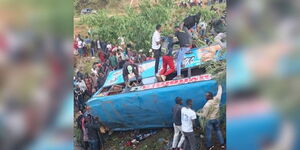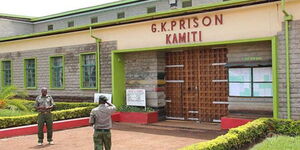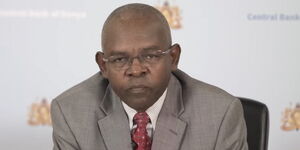The Rural and Urban Private Hospitals Association of Kenya (RUPHA) has warned that several private hospitals are at risk of closure due to persistent delays in compensation from the national government.
According to RUPHA Chairman, Brian Lishenga, the government owes its members billions of shillings in arrears under the Social Health Authority (SHA) and the now-defunct NHIF.
In a press statement issued in Meru, the association, which represents 700 private and faith-based hospitals, warned that the unpaid claims have pushed many facilities to the brink of shutting down.
Lishenga said the national government owes private hospitals Ksh33 billion in NHIF arrears and Ksh43 billion in SHA liabilities, with the total amounting to Ksh76 billion.
Lishenga noted that despite these private facilities providing 50 percent of the country’s health services, they continue to face unfair treatment. Lishenga pointed out that this discrimination, mainly in how they are paid, puts the entire healthcare sector at risk.
The association believes this unfair treatment is making it impossible for many hospitals to continue operating. Lishenga said the unpaid claims have forced many facilities to the brink of shutting down. He warned that if the situation does not change, patients who rely on these private hospitals could lose access to medical services.
“Hospitals across Kenya are on the brink. Many have already shifted to cash-only payments, while others are preparing to shut their doors,” he said.
The association also complained that a directive from President William Ruto to settle all pending NHIF bills has not yet been followed.
According to RUPHA, these mounting debts now threaten the survival of Kenya’s healthcare system under the Social Health Authority (SHA).
Even though a directive was issued for reimbursements to be made on the 14th of every month, payments remain delayed, which is crippling hospitals.
Since SHA's start in October of last year, hospitals have submitted claims worth Ksh93 billion, but only Ksh50 billion, or 53 percent, has been reimbursed.
Furthermore, persistent non-payment of Primary Healthcare claims in Mombasa, Kirinyaga, Embu, and Nandi, which are counties piloting the digital superhighway, has created new problems instead of making processes easier.












